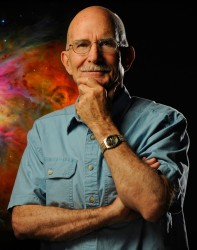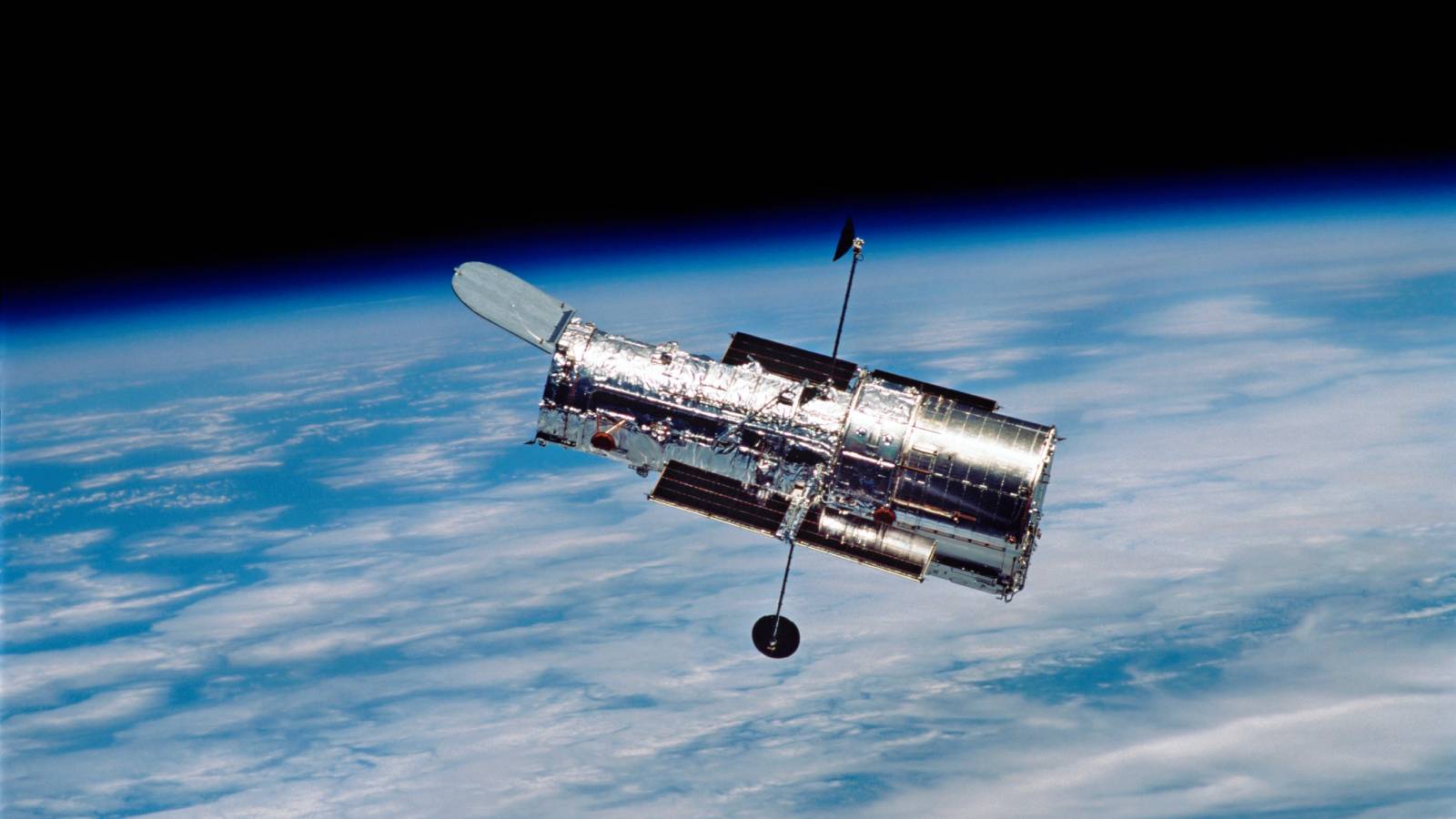Robert O’Dell, Distinguished Research Professor of Physics and Astronomy, has been named a 2022 fellow of the American Astronomical Society for extraordinary achievement and service to the field of astronomy. He is among 23 fellows being inducted into the AAS this year.

Throughout his career, O’Dell has built a legacy of scientific contributions in the study of planetary nebulae and the interstellar medium, in particular, as the world’s foremost expert on the Orion Nebula. According to his colleague and AAS member David Weintraub, neither the Hubble Space Telescope nor the Space Telescope Science Institute would exist if O’Dell had not shouldered the burden of working inside NASA for a decade to spearhead the effort to create both. His dedication and advocacy for the creation of Hubble Space Telescope since 1972 are encapsulated in a tool that has defined professional astronomy and shaped history-making science for three decades.
“Generations of astronomers have built their careers on this incredible platform that Bob was so central in making possible,” said Keivan Stassun, Stevenson Professor of Physics and Astronomy, professor of computer science and founding director of the Vanderbilt Initiative in Data-Intensive Astrophysics. “I was a senior in high school when the Hubble Space Telescope first went into space; and in my time as Bob’s colleague on the Vanderbilt faculty, three of my own graduate students have gone on to employment at the Space Telescope Science Institute. Another 20 years later now, as Hubble’s successor—the James Webb Space Telescope—has just launched, it is only fitting that Bob should be recognized with this high honor.”
“Bob is a valuable member of our research faculty. I know that our graduate students in astronomy benefit greatly from his insights and experience,” said Shane Hutson, professor of physics and of biological sciences and chair of the Department of Physics and Astronomy. “I’m thrilled that he is getting this well-deserved recognition.”
O’Dell has been publishing seminal academic research since 1961, including photoelectric photometric studies of comets, the Crab Nebula, the central stars of planetary nebulae, gaseous nebulae and globular clusters. He has contributed to 60 articles on the Orion Nebula.
O’Dell has been recognized for his contributions to astronomic discovery throughout his career. He was elected a fellow of the American Association for the Advancement of Science in 1970; received the Order of Merit from the Polish People’s Republic in 1978; was awarded a public service medal from NASA in 1991; was elected as a foreign member of the Polish Academy of Science in 1994; won the Humboldt Research Prize in 1996; and was named an honorary doctor of science by his undergraduate alma mater, Illinois State University.
“This year’s AAS Fellow selections add to the growing list of distinguished members of our Society,” said Paula Szkody, AAS president and professor of astronomy at the University of Washington in a release. “We’re delighted to recognize both the outstanding scientific accomplishments and the service to our community represented by the 2022 Fellows.”
The 2022 AAS Fellows represent the third class recognized for enhancing and sharing humanity’s scientific understanding of the universe through personal achievement and extraordinary service to the astronomical sciences and to the AAS.
About the American Astronomical Society
The AAS, a major international organization of professional astronomers, astronomy educators, and amateur astronomers, was established in 1899. Its membership of approximately 8,000 also includes physicists, geologists, engineers and others whose interests lie within the broad spectrum of subjects now comprising the astronomical sciences. The mission of the AAS is to enhance and share humanity’s scientific understanding of the universe as a diverse and inclusive astronomical community, which it achieves through publishing, meetings, science advocacy, education and outreach, and training and professional development.
